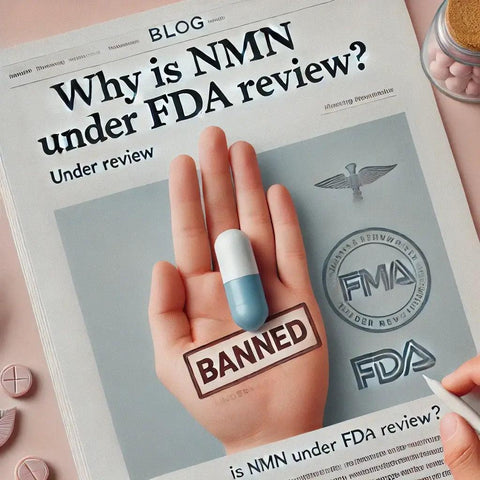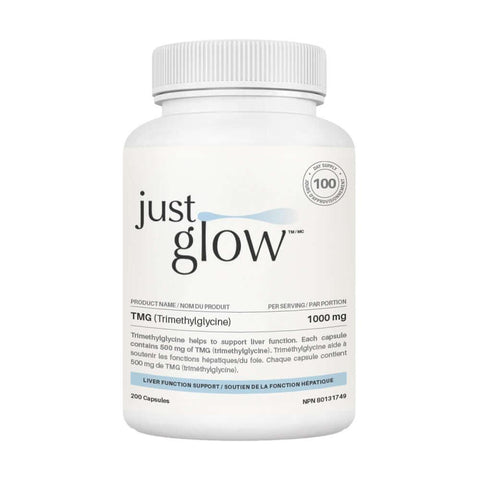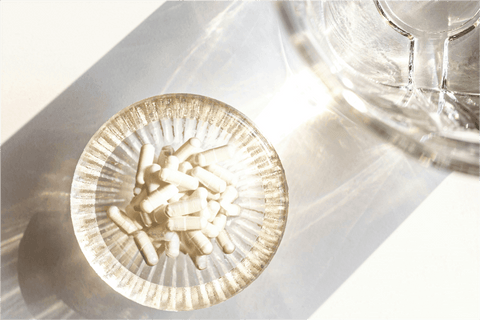NMN Supplements: Navigating the Legal Battle and What It Means for Consumers

FDA Regulation and Legal Background of NMN
In December 2021, a company named Metrobiotech, co-founded by Dr. David Sinclair, urged the FDA to ban NMN from being sold as a supplement due to its development as a pharmaceutical drug.
Previously, in 2018, NMN was approved by the FDA as "Generally Recognized As Safe (GRAS)," and in 2022, it was approved as a New Dietary Ingredient (NDI). However, later in 2022, the FDA reversed its decision, leading major retailers like Amazon to stop selling NMN.
Timeline of the NMN Legal Battle
Metrobiotech, a company co-founded by Dr. David Sinclair, has been at the center of a legal dispute over the classification of NMN (Nicotinamide Mononucleotide) as either a supplement or a drug.| Date | Event |
| 2021-12-01 | Metrobiotech issues letter to FDA requesting NMN be withdrawn as a supplement |
| 2022-11-29 | FDA declares NMN a drug and so cannot be sold as a supplement |
| 2023-03-07 | NPA issues petition to FDA |
| 2023-09-07 | FDA says 'No decision' |
| 2023-11-20 | Metrobiotech sends letter to FDA arguing against NPA petition |
Recent Developments: NPA vs. FDA
In March 2023, the Natural Products Association (NPA) filed a petition to allow NMN to be sold as a supplement. By law, the FDA was required to respond by September 7, 2023, but as of that date, the FDA announced it had not yet reached a decision.
On August 13, 2023, the FDA blocked a shipment of 5 kg of NMN from an NPA member, citing violations of the New Drug Application regulations. This led the NPA to file a lawsuit against the FDA on August 27, 2023, seeking to allow NMN as a dietary supplement.
Legal Changes and Future Implications
In June 2023, the U.S. Supreme Court overturned the Chevron Defense, which previously allowed courts to defer to government agencies like the FDA when interpreting ambiguous laws. Now, courts must exercise independent judgment, which weakens the FDA’s position in disputes like NMN's classification.
What Happens if NMN is Classified as a Drug?
| Trial | Status | Phase | Completion Date (est) |
| Kidney Disease (DKD) | Recruiting | Phase 2a | 2026-07-01 |
| Sirtuin-NAD Activator in Alzheimer's Disease | Recruiting | Phase 1, Phase 2a | 2024-12-01 |
| MIB-626 + Exercise | Recruiting | Phase 2 | 2025-06 |
If NMN is officially classified as a drug, it would only be available by prescription following successful clinical trials. Metrobiotech is currently in Phase 2 of clinical trials, but it could take years for final approval, and NMN may not be available as a supplement during this time.
Moreover, if NMN becomes a prescription drug, the price will likely rise significantly compared to its current cost as a supplement.
Implications for Consumers
As of now, the future of NMN as a supplement in the U.S. remains unclear. A similar situation occurred with NAC (N-acetylcysteine), where the FDA allowed it to be sold both as a supplement and a drug. There is hope that NMN could follow a similar path, allowing it to remain available at a reasonable price.
As this legal battle progresses, the outcome will determine whether NMN continues to be accessible as an affordable supplement or whether it will only be available as an expensive prescription drug.
NMN FAQ for Canadian Customers
1. What is NMN, and why is it under regulatory review in the U.S.?
NMN is a popular supplement believed to boost NAD+ levels, which may help with anti-aging and overall health. The U.S. FDA is currently reviewing NMN's status, as a company has proposed developing it as a drug, which could restrict its sale as a supplement in the U.S.
2. Is NMN banned in Canada like in the U.S.?
No, NMN is still legally available in Canada as a dietary supplement. While the U.S. FDA has begun to impose stricter regulations on NMN, Canada continues to allow it under current regulations.
3. Could NMN be removed from the market in Canada?
As of now, Canada has not indicated any intention to ban NMN supplements. Canada tends to have a more relaxed regulatory framework for supplements, which means NMN is likely to remain available, even if it becomes more restricted in the U.S.
4. Will the price of NMN increase if it’s classified as a drug in the U.S.?
If NMN becomes a prescription-only drug in the U.S., prices there could rise significantly. However, in Canada, since it remains a supplement, prices should stay stable unless there are broader global supply chain impacts.
5. Is NMN similar to NAC in terms of regulation?
Yes, NAC (N-acetylcysteine) faced a similar situation in the U.S., where it was restricted as a supplement. Despite the U.S. restrictions, Canada allowed NAC to remain available as a supplement. NMN may follow a similar path.
6. Where can I buy NMN in Canada?
NMN remains available at most supplement stores and online retailers in Canada. Be sure to purchase from reputable sources to ensure product quality.
7. What happens if NMN becomes a drug in the U.S.? Will I still be able to buy it?
Even if NMN is classified as a drug in the U.S., it should still be available in Canada under current regulations. Canadian customers should not face any issues purchasing NMN as long as Canadian laws do not change.
8. Should I be concerned about safety issues with NMN?
No major safety concerns regarding NMN have been reported in Canada. The U.S. FDA’s review is primarily related to its classification as a drug due to ongoing pharmaceutical developments, not safety issues.
Summary
We’re diving into the ongoing legal conflict surrounding NMN (Nicotinamide Mononucleotide) and whether it should be classified as a supplement or a drug. NMN has become a popular anti-aging supplement, but recent developments have raised questions about its future availability. Here's a breakdown of the current situation.






